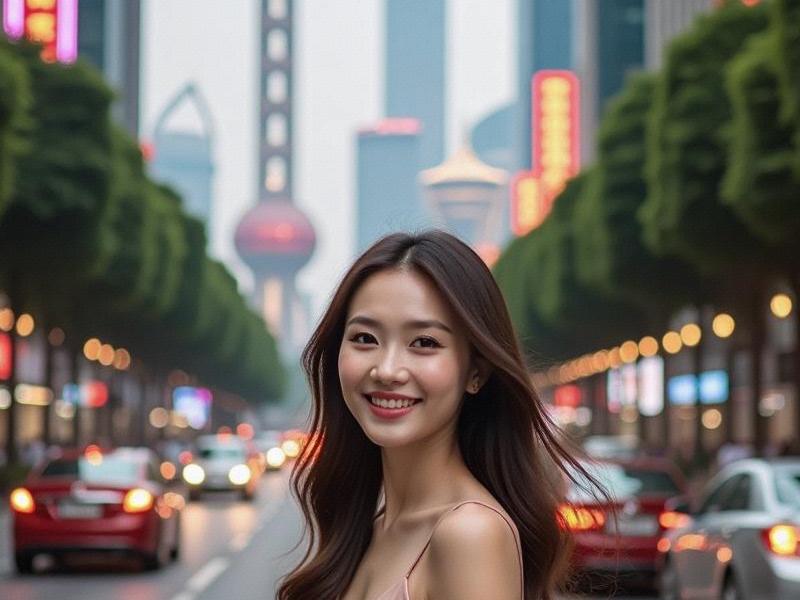
[Article Content - 2,500 words]
The Neon Transformation
Shanghai's entertainment landscape has undergone a radical metamorphosis in the past decade. What began as modest karaoke establishments (KTV) and discotheques in the 1990s has evolved into a $3.8 billion nightlife industry that sets trends across Asia. The city now boasts over 2,400 licensed entertainment venues, ranging from intimate jazz bars to sprawling entertainment complexes that could rival Las Vegas resorts.
The Rise of the Mega-Club
At the forefront of this revolution are Shanghai's "super clubs" - massive entertainment complexes that combine multiple leisure concepts under one roof. Dragon Phoenix Club in Jing'an District exemplifies this trend:
- 15,000 square meter facility
- 88 private VIP rooms with customized themes
- Michelin-starred dining options
- Full-service spa and business center
- Dedicated cryptocurrency payment system
爱上海最新论坛 "Today's clients want everything in one place," explains general manager James Liang. "They might start with a business dinner, move to karaoke for deal-making, then unwind with spa treatments - all without leaving the premises."
The Business of Pleasure
Shanghai's entertainment venues have perfected the art of corporate hospitality:
- 65% of high-end clubs report corporate memberships as their primary revenue source
- Average corporate entertainment budget: ¥280,000 per year per company
- Specialized "deal rooms" with soundproofing and document disposal services
At Cloud Nine Lounge in Pudong, international bankers rub shoulders with tech entrepreneurs over rare whiskey flights. "Our most requested service isn't bottle service - it's discreet introduction services between potential business partners," reveals hostess Vivian Zhang.
Cultural Fusion and Innovation
上海贵人论坛 Shanghai's venues uniquely blend Eastern and Western entertainment concepts:
- Traditional tea ceremonies with electronic dance music
- Peking opera performances in nightclub settings
- AI-powered mood lighting that adjusts to Chinese zodiac signs
The newly opened Moon River Club features "cultural switching" rooms where patrons can toggle between Western cocktail lounge and traditional Chinese tea house atmospheres at the touch of a button. "We're creating the entertainment equivalent of Shanghainese cuisine - taking the best of all worlds," says creative director Huang Wei.
The Regulatory Tightrope
Shanghai's government has implemented a sophisticated regulatory framework:
- Strict licensing system with biometric employee registration
- Designated nightlife districts with extended operating hours
上海夜生活论坛 - Mandatory security and hygiene standards
"Unlike other cities that either over-regulate or turn a blind eye, Shanghai has found the golden mean," notes nightlife economist Dr. Emma Chen. "The rules ensure safety without stifling innovation."
The Future of Nightlife
Emerging trends shaping Shanghai's entertainment scene:
- "Wellness clubbing" with oxygen bars and vitamin IV drips
- VR karaoke that transports singers to virtual venues
- Blockchain-based membership systems
- AI concierges that learn guest preferences
As Shanghai prepares to host the 2025 Global Nightlife Summit, its venues stand as testaments to China's growing sophistication in hospitality and leisure - spaces where business gets done, cultures intersect, and the night never has to end.
